Throughout my life I’ve felt the same question from society, sometimes people actually ask me it, other times I can simply tell people think it because of the way they behave with a lack of care for life. The question is…
“What’s the point in protecting nature?”
To me the answer is both obvious and hard to explain. I can never really believe I have to put an answer into words. It’s like being asked “what’s the point in protecting human life?”
But, after forty years of seeing nature’s eradication speed up, not slow down, it’s time to address it. The only people who can truly halt the decline of nature are politicians, and we choose which ones to vote into power. It’s up to me and you.
1) Humans need biodiversity for food to survive
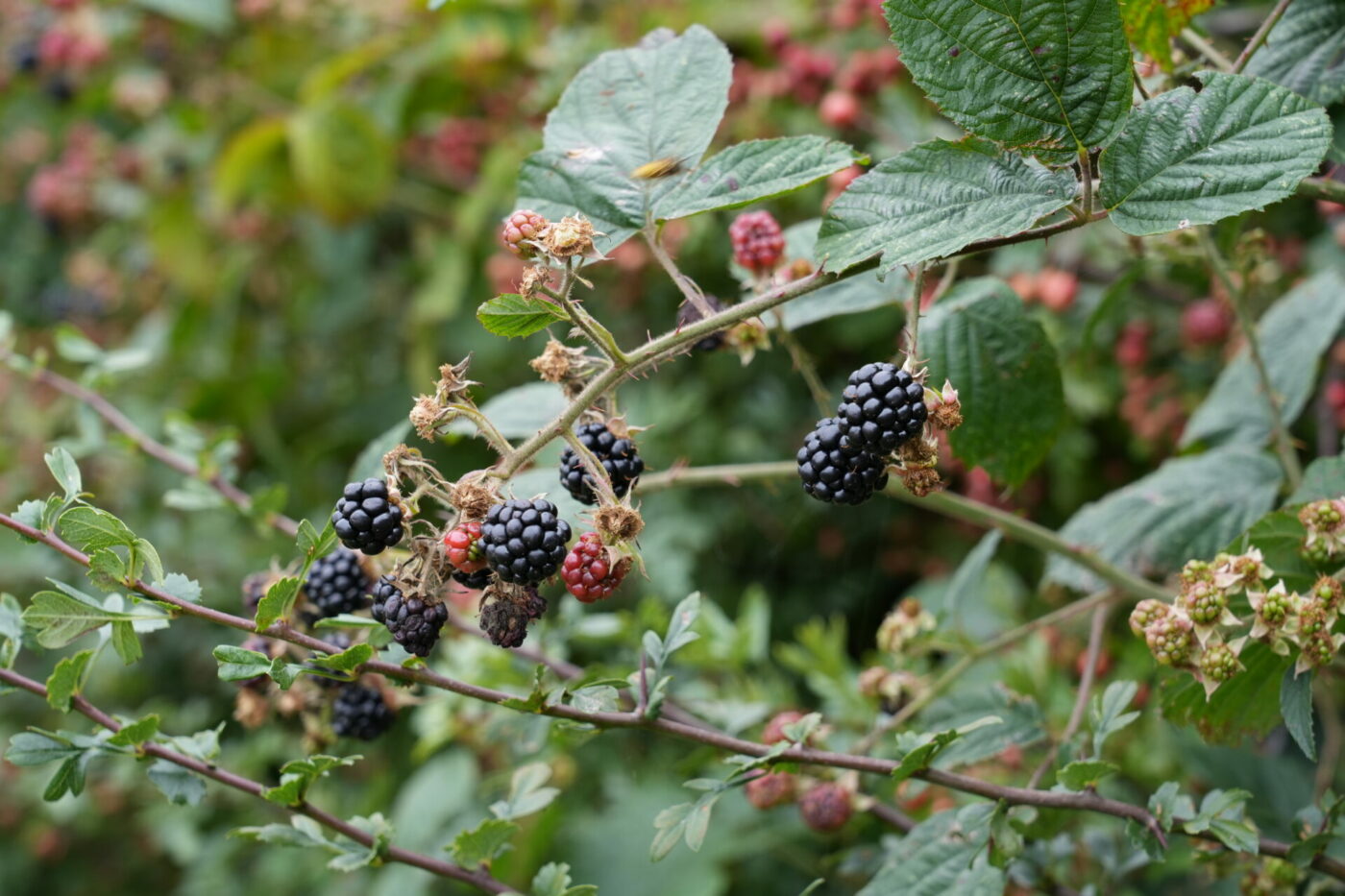
Let’s start with the most obvious: all of our food comes from nature. Plants keep us alive and healthy, and if people eat meat, those animals are fed on plants. Much of the food we eat needs or is improved with pollination by insects and birds, such as apples, strawberries, raspberries, peas and beans. These and everything else including leafy greens, roots and wind pollinated plants rely on soil life.
Industrial farming practices of the last hundred years have pushed soils to the limits, gradually depleting them of nutrients and life, reducing the amount of land usable for growing plants.
According to research from 2023 by the Government:
In England and Wales:
- almost 4 million hectares of soil are at risk of compaction
- over 2 million hectares of soil are at risk of erosion
- intensive agriculture has caused arable soils to lose about 40 to 60% of their organic carbon
- soil degradation was calculated in 2010 to cost £1.2 billion every year
Compaction and the loss of organic carbon are serious threats to soil health. They affect agricultural production and our resilience to climate change. UK soils currently store about 10 billion tonnes of carbon. This is roughly equal to 80 years of annual UK greenhouse gas emissions.
Wasting food and growing crops for bioenergy are putting additional pressure on soils.
Spreading of some materials to land is poorly controlled and can give rise to contamination. Some 300,000 hectares are contaminated in the UK.
Microplastics are widespread in soil with unknown consequences.
Plants like oats, rice, fruit and nut trees need nutrients to grow, all plants do. It’s becoming clear that artificial fertilisers simply make the problem worse, slowly killing soil life and reducing soil nutrients. The solution for healthy crops is healthy soil, something which pre-industrial farms got right.
Scientists now better understand microscopic life within soil better. As well as worms, there are those we cannot see with the naked eye: fungi, bacteria, protozoa and more. These break down dead organic matter, turning it into nutrients to feed future crop growth.
Industrial farming with over grazing and artificial fertilisers that only feed the crop plants depletes soil of the organic matter the soil life needs to survive. By over farming soils, we are killing the soil life that creates the nutrients crop plants need to grow too. It’s a downward spiral that’s costing the UK a lot of money…
The deterioration of the UK’s natural environment could lead to an estimated 12% loss to GDP, according to new analysis. In comparison, the financial crisis of 2008 took around 5% off the value of the UK GDP, while the Covid-19 pandemic cost the UK up to 11% of its GDP in 2020.
We know the solution: regenerative farming practices (read more about them on the Royal Agricultural Society of England) similar to those used before industrial farming. Where more food is grown organically, land is not over farmed and nature within the soil and above is allowed to exist alongside what we use for food.
2) Humans need nature for walks, holidays and other outdoor pastimes
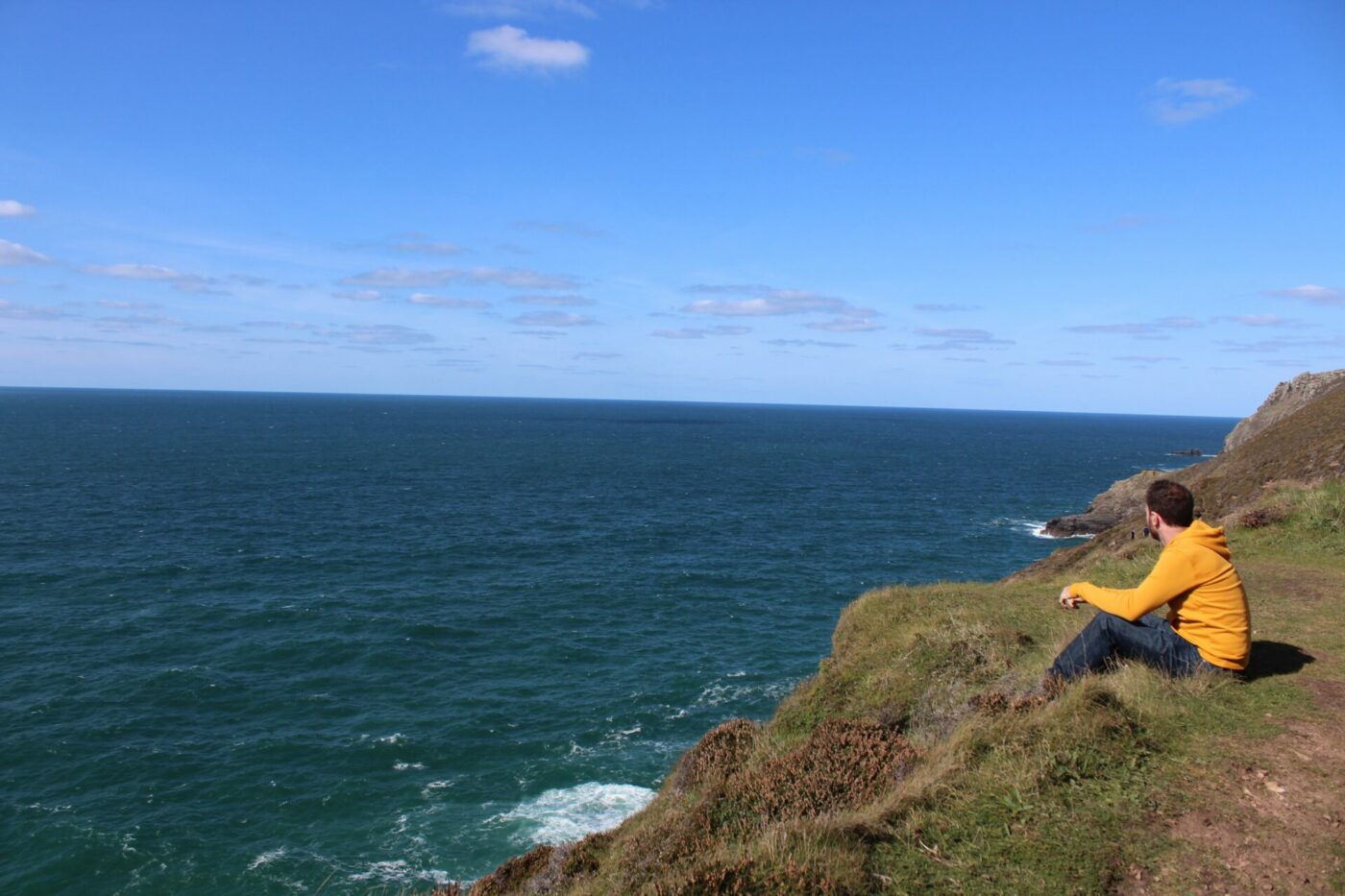
There is extensive empirical evidence of the association between exposure to nature and physical health. A mounting body of evidence tends to show that, at a population level, higher levels of exposure to natural environments are associated with lower all-cause mortality, rates of type 2 diabetes, cardiovascular and respiratory disease, and more positive perinatal outcomes.
The physical side is obvious, walking, running, cycling, it’s all good for us. Mental health may seem less tangible or important, but most people will know how much better they feel after being outside in natural places. It’s why we’re drawn to them in our spare time and for holidays.
Researchers found that environments with a larger number of natural features, such as trees, birds, plants and waterways, were associated with greater mental wellbeing than environments with fewer features.
86% of people [aged 16 – 24] feel that being outdoors and among nature has a positive impact on their mental health.
We like nature, we enjoy the views of green hills, walking among trees. It’s no wonder, because we evolved in, around and as part of nature. We seek out nature at every opportunity. There is now a vast evidence base of research around the world with thousands of studies linking our mental and physical wellbeing to being out in nature. If we keep turning natural habitats into nature-less towns and fields (green doesn’t always = nature), we are harming ourselves too.
3) Biodiversity is essential for preventing catastrophic climate change
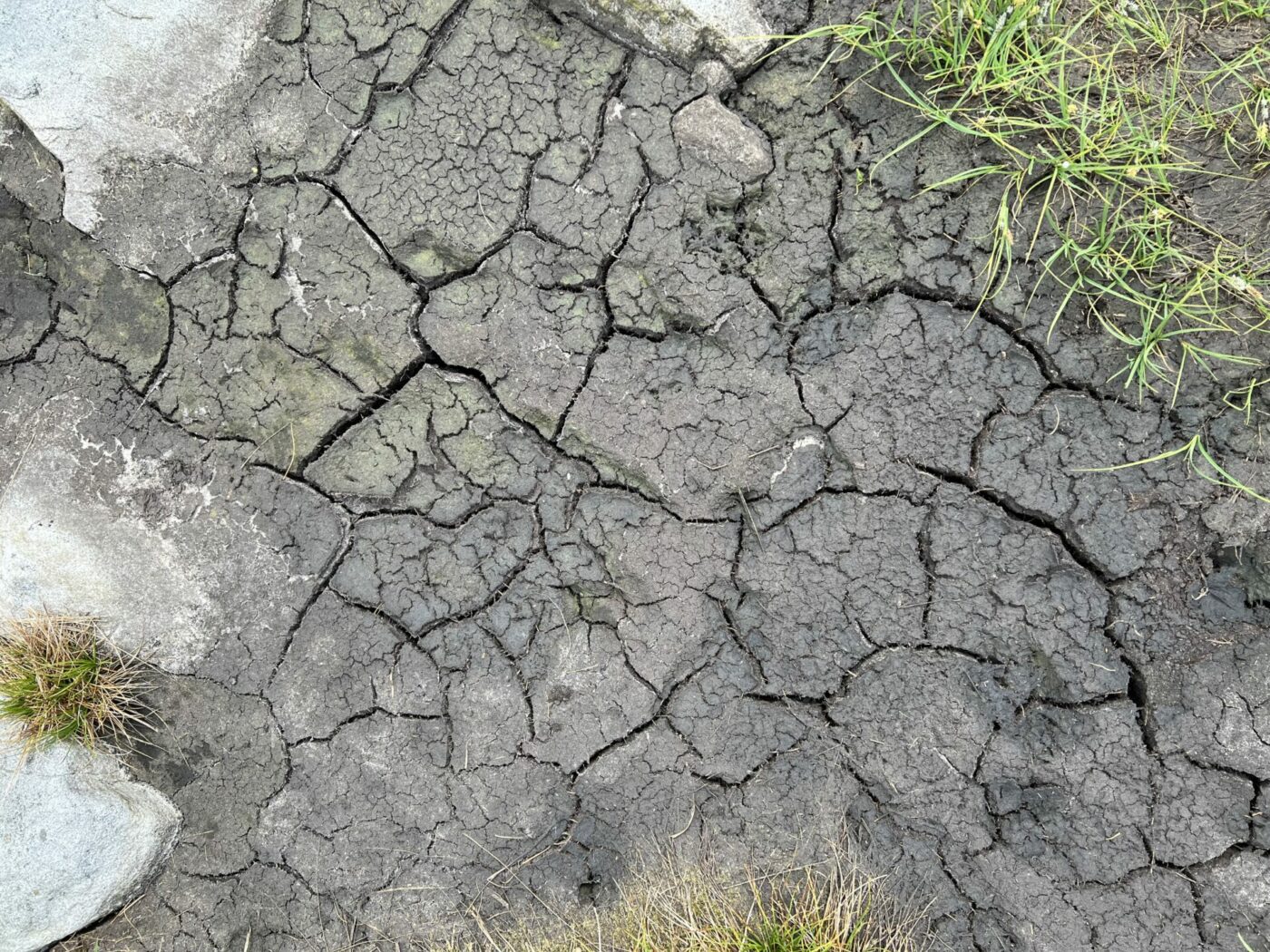
Nature is responsible for helping to stabilise earth’s atmosphere and that stable atmosphere enabled the abundant life on the planet today. To state the obvious: plants produce oxygen but they also lock in carbon, when they’re alive, but also in death, stored in peat, soil and the oceans.
Natural habitats and all of the life in them have created a stable atmosphere for billions of years. By eradicating those habitats, we disrupt that stability in significant ways. We hear a lot about human release of carbon dioxide from fossil fuels and systems for carbon capture, but we are also destroying the world’s most important carbon capture systems: natural habitats.
Carbon dioxide in the atmosphere warms the planet, causing climate change. Human activities have raised the atmosphere’s carbon dioxide content by 50% in less than 200 years.
Forest loss and damage is the cause of around 10% of global warming. There’s simply no way we can fight the climate crisis if we don’t stop deforestation… Most deforestation is carried out to clear land for food production.
Continuing to cut down and plough what little remains of natural forest and woodland around the world is directly adding to carbon release and loss of carbon capture from their growth.
It’s not just about trees. Agricultural fields may look green but they don’t work anywhere near as well as natural habitat (such as natural grassland, woods, peat or wetland) for locking in carbon and creating healthy soils for food. Ecosystems are a complex web of life, start to take away some of the connections and the whole thing can come tumbling down. Take away lots of species in an ecosystem and it cannot function at all. This is why a biodiverse meadow functions better than a field that has been overly fertilised to only grow one or two species of grass.
We need a large percentage of the world to be protected natural habitat, and the biodiverse ecosystems they contain to stabilise the climate again. Humans have taken too much land for farming, housing and other buildings; we need it for nature too.
4) Biodiversity is needed for medicine and health
From antibiotics to cancer treatments, much of the world’s medicine comes from or by studying the natural world. Sometimes directly using substances from plants to make medicines, other times helping us understand our own biology. Scientists still know so little about life on earth, we aren’t even close to studying every plant, animal, insect, fungus, virus, bacteria or other life form in detail.
Today, around 11% of the drugs considered ‘basic’ and ‘essential’ by the World Health Organisation originated in flowering plants – and there are many more from those without flowers. Thanks to decades of research, we’re able to harness the lifesaving powers of superhero plants whose chemical compounds form the basis of powerful drugs that can help combat cancer, Parkinson’s disease and malaria.
Natural History Museum
Global wildlife populations have plummeted by 69% on average since 1970
These stats are scary from a moral point of view and from a humanitarian perspective. It is mad to eliminate potential sources of medicine or medical knowledge that could hold the answers to many diseases we face.
5) Basic humanity starts with empathy
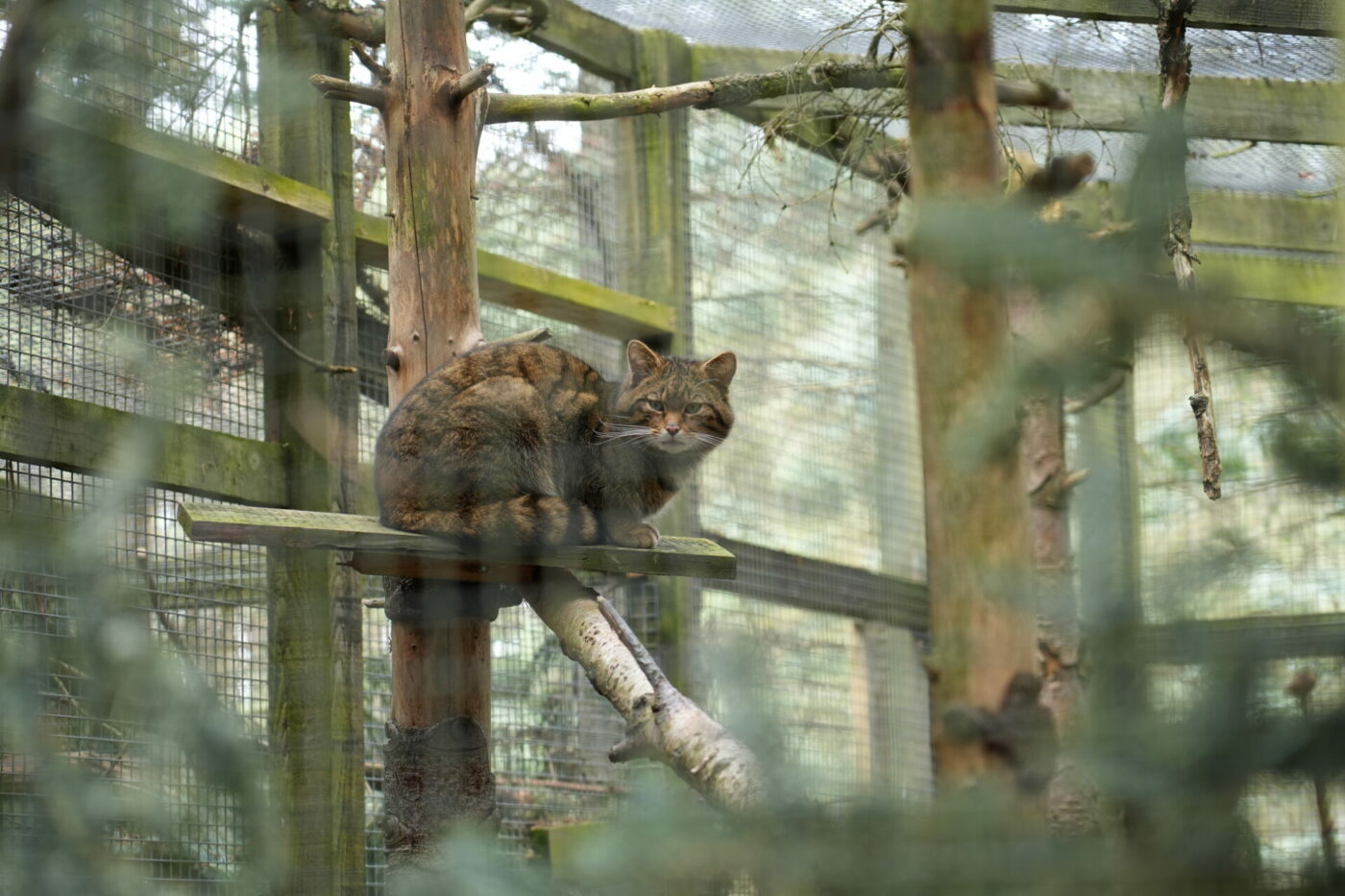
More than 44,000 species are threatened with extinction
If someone goes around exterminating humans we might call them a psychopath. We need to move on from the concept that killing fellow humans is somehow worse than ending the very existence of an entire species, or even comparing them.
Humans have been given the evolutionary gift of intelligence and empathy, it is within our power to act as guardians, to protect all life on earth.
Empathy is at the core of what it means to be human, and if someone can’t extend that to protecting the existence of an entire species, what does it say about that person?
6) Nature around the world belongs to everyone and no one
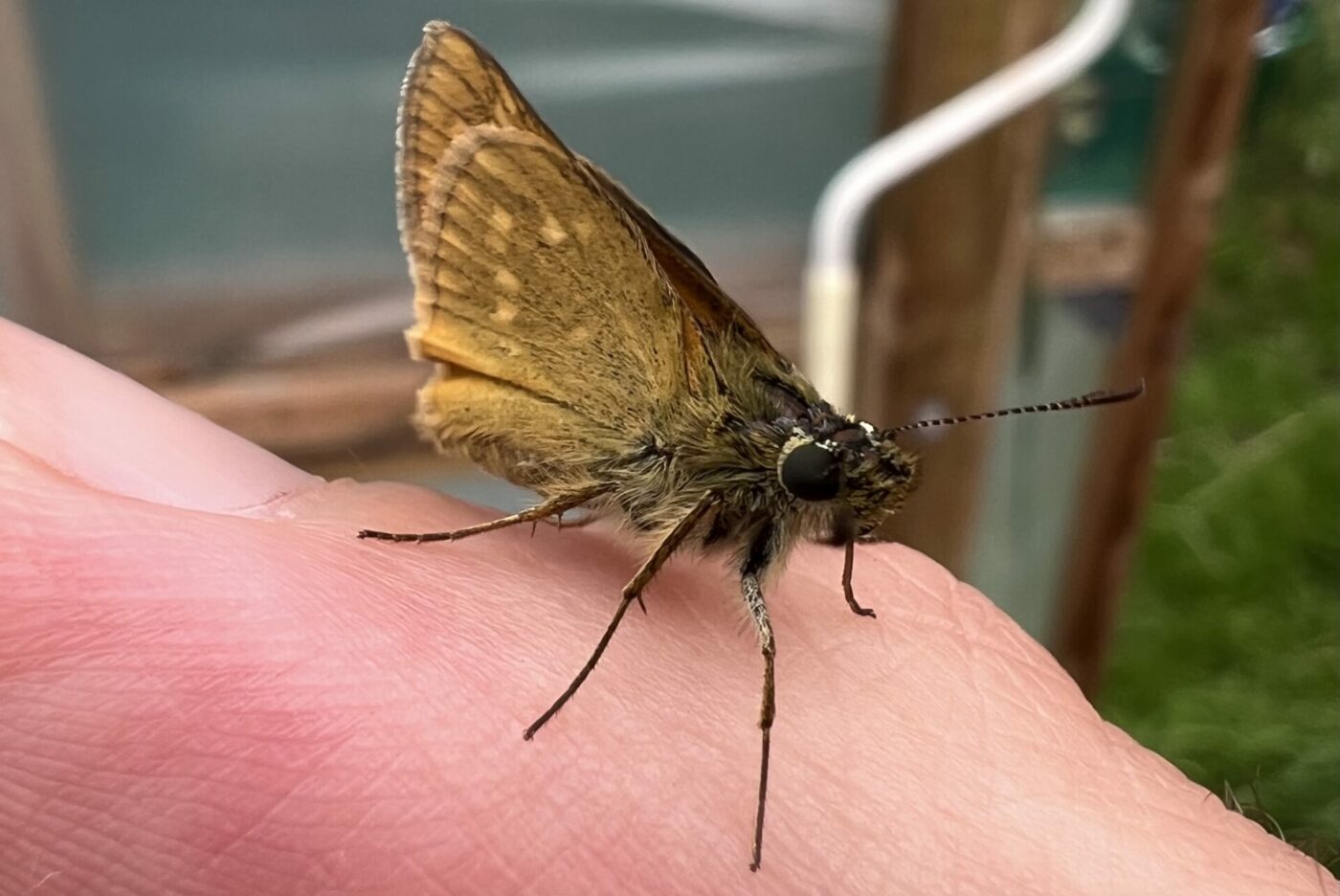
People who think they can harm nature because it doesn’t matter to them should think again, because it doesn’t belong to them, it belongs to all of us and none of us.
Nature all around the world is in the care of every person. It doesn’t belong to one country, it doesn’t belong to one person. We are all part of nature and it is all of our responsibility to look after it. A land owner or country may well think they can claim ownership of nature but they can’t because everyone has a stake in it.
Someone may well think it’s OK to tear up a habitat without permission, or use pesticides in their gardens, but harming nature in one place affects nature in other places. Like passive smoking, people’s actions against nature affect us all. That’s why there are laws in place to protect nature on all land (and water) in the UK, and we can all help police it by keeping an eye on it.
People that harm nature will be held accountable by people like me and hopefully you.
7) Millions of people know biodiversity in nature matters
We have more than 900,000 members
Join 1.2 million members who are helping to protect wildlife and the special places they live.
To put that in perspective, currently the Labour Party, the political party with the biggest membership has only around a third of that at 366,000 members (The Guardian). The National Trust has over 5.3 million members, a majority of whom will care about the nature on their land, albeit to varying degrees.
At the end of the day, even if some people don’t think restoring nature is important, it doesn’t really matter because I and millions of other people around the world know that it is.
People who understand why nature needs protecting are a huge portion of our democracy, and they are generally extremely politically active. If political parties want votes, they need to demonstrate they understand why nature is important and how it can be protected.
While I am alive, nature matters, and millions of other people feel the same way as me.
8) Money and tourism
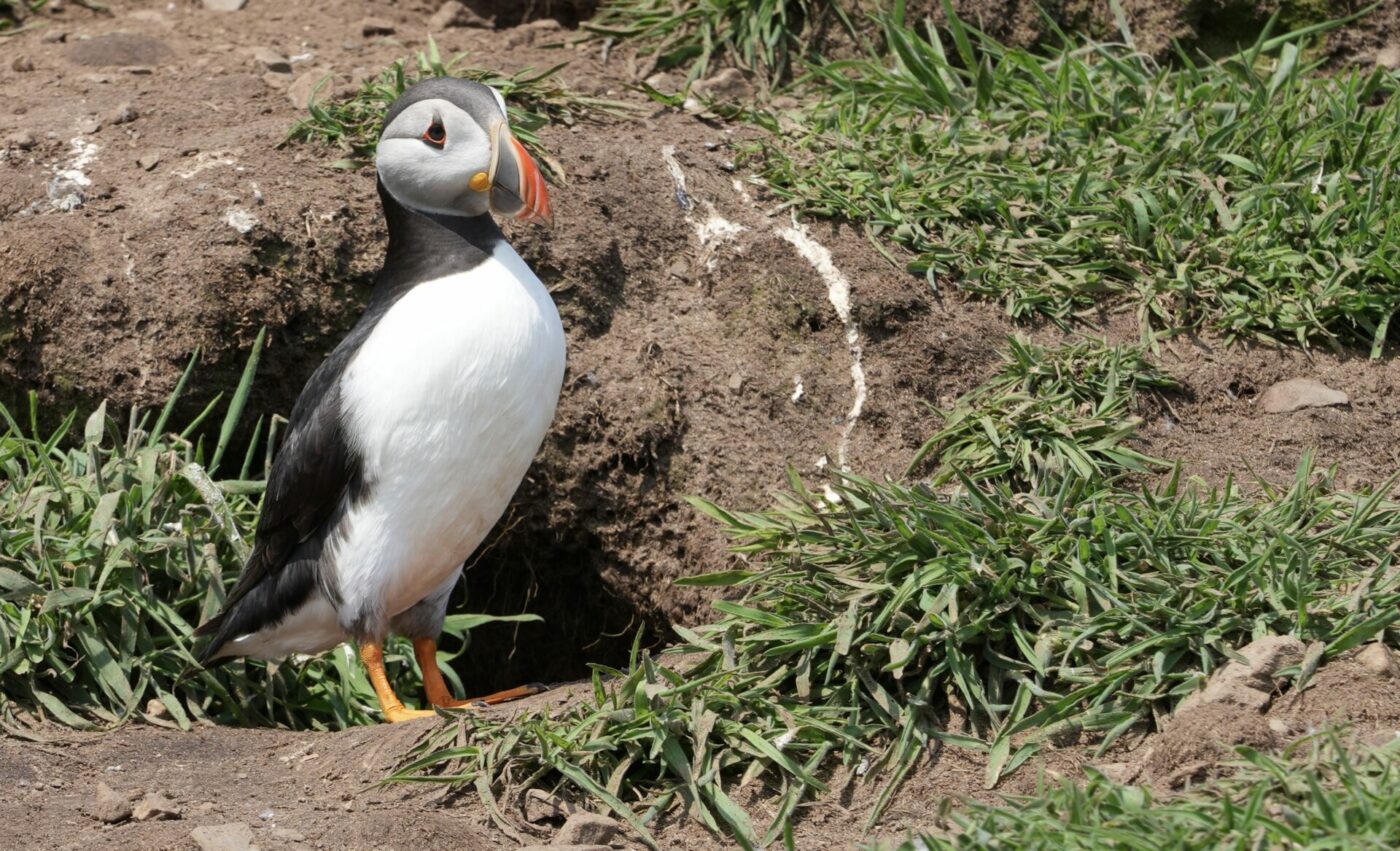
Nature has always been big business around the world, from beautiful sights to visit on holidays to interesting animals and plants to see, and it’s growing…
- Nature contributed an estimated £12 billion to tourism and outdoor leisure within the UK in 2019.
- The number of outdoor-related activities participated in across the UK rose from 1.2 billion to 1.5 billion between 2011 and 2016.
9) It’s the law to restore and protect nature
If all of the above isn’t enough, our democratic society has long seen nature’s importance. Over many generations British people have voted into place various laws that protect nature.
The Environment Act includes a new legally binding target on species abundance for 2030, which will help to reverse declines of iconic British species like the hedgehog, red squirrel and water vole.
In recent years we’ve seen land owners held to account with length prison sentences and hefty fines for damaging important habitat and killing wildlife. And you can help, by keeping an eye on land near you, photographing and filming bad practice and also educating and helping organisations that work with the police.


